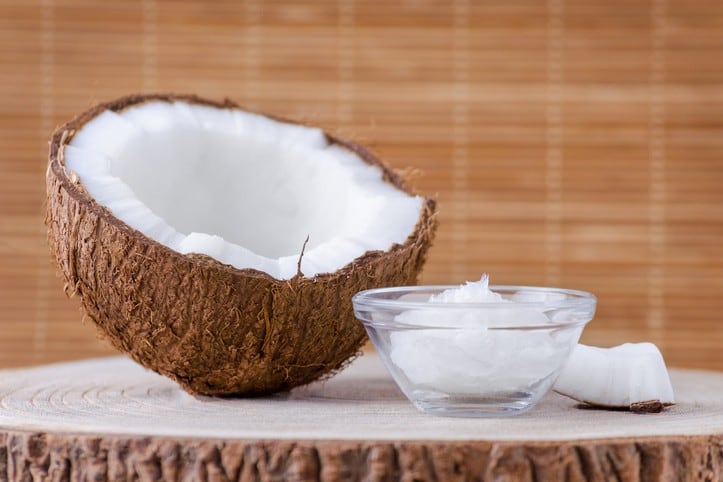Conducted by researchers at the Yozgat Bozok University in Turkey, the infodemiology study analysed Google searches between January 2016 and August 2020.
The relative search volumes (RSVs) for vitamins in general on Google reached 100 RSVs in March 2020, the highest over five years.
Vitamin C and D were the most frequently searched vitamin type in Turkey as well as worldwide.
The World Health Organization first declared COVID-19 a pandemic on March 11, 2020, which was also the day Turkey reported its very first case.
First author, Dr Sevim Çimke, a lecturer at Yozgat Bozok University, conducted the study after seeing increasing research and advertisements of vitamins and their effect on the immune system in Turkey.
“After the declaration of COVID-19 pandemic, it was highlighted that the disease had more effect on the people with weak immune system. Therefore, social media, television programs and advertisements mentioned about strengthening of immune system and the impacts of vitamins on this system. Experts often recommended the population to take vitamin and mineral supplements,” she said.
To study this observation, she used data from Google trends to identify trends in the general population.
The findings were published in the Nutrition journal.
Method
In this study, search words included vitamin, COVID-19, immunity, and individual vitamins such as vitamin C, vitamin D and vitamin E.
Only vitamin types associated to the immune system were analysed using Google trends, other vitamins and minerals were not included.
The findings revealed that searches for vitamins increased in Turkey in March 2020 when the COVID-19 pandemic was first declared, the highest of the last five years (p <0.001).
The study also revealed seasonal variations in the searches. In Turkey, the word "vitamin" reached the highest RSV in winter, “which is considered to be due to people's tendency to vitamin supplements due to the cooling of the weather and the increase in influenza infections,” researchers said.
Vitamin C
Vitamin C acts as an antioxidant that protects from oxidative damage, and reduces the duration and severity of infections.
In addition, vitamin C has been studied as an adjunct treatment in COVID-19, such as in the Philippines where it is being supplied to school children, and experts have called for RDA levels to increase.
Within vitamin C, an ingredient has been trending - Sambucus nigra. Extracts of the Sambucus nigra plant is traditionally used for cold and flu symptoms.
“It is reported that Sambucus nigra has a rich content of vitamin C which has positive effects in strengthening the immune system. It is thought that people may have turned towards herbal supplements to strengthen the immune system,” researchers wrote.
Vitamin D
Another trending search was vitamin D, which plays a role in modulating innate and adaptive immune responses.
Vitamin D deficiency has been suggested to increase the frequency and severity of COVID-19 infection.
In Turkey, vitamin D deficiency is a common problem.
Cimke told us: “People generally don’t have a habit of sunbathing in these regions where winter months are harsh and long-lasting. There are studies showing that both children and adults have low level of vitamin D in our country.”
There are several programs implemented to reduce such deficiencies in Turkey.
For instance, since 2005, the Ministry of Health has provided free vitamin D support (400 IU/day) to infants to children at one year old, with the purpose of supporting bone development of babies across the country.
Researchers acknowledged a limitation in the current study.
“Google Search Trends provides data related solely to the population that has internet access and uses the Google search engine for searches. The kinds of searches that users perform can be a good proxy for the publics interests, concerns or intentions, but these searches do not necessarily represent users’ opinions.”
Sales boost
In Turkey, most people do not take dietary supplements frequently.
Cimke cited a previous study conducted in the pre-pandemic period where 13% of the population were found to take supplements.
But she added that vitamins, minerals, and even foods containing vitamins may now see a rise in demand.
“With the increasing demand, small markets and online sales websites, apart from pharmacies, have also started selling vitamins in our country. The growing demand has been accompanied by increasing prices.”
Source: Nutrition
https://doi.org/10.1016/j.nut.2020.111138
“Determination Of Interest In Vitamins Use In Covid-19 Pandemic Using Google Trends Data: Infodemiology Study”
Authors: Sevim Çimke and Dilek Yıldırım Gürkan




